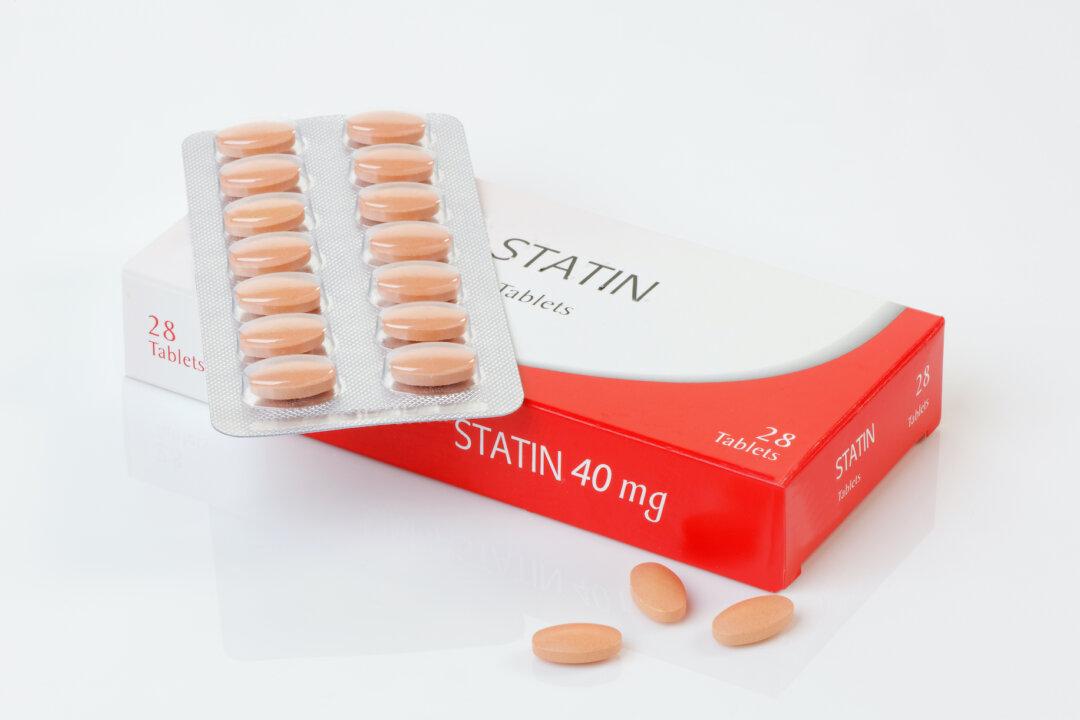Few drug classes have been as popular as statins, which were introduced in 1987. Statins block the enzyme in liver cells (called HMG-CoA) that produces cholesterol, lowering the risk of cardiac death, myocardial infarction, and other atherosclerotic events.
The medications were considered such wonder drugs when they first appeared that U.S. health officials recommended adding them to the public water supply. Pfizer’s statin Lipitor was the best-selling drug in the history of the world.






